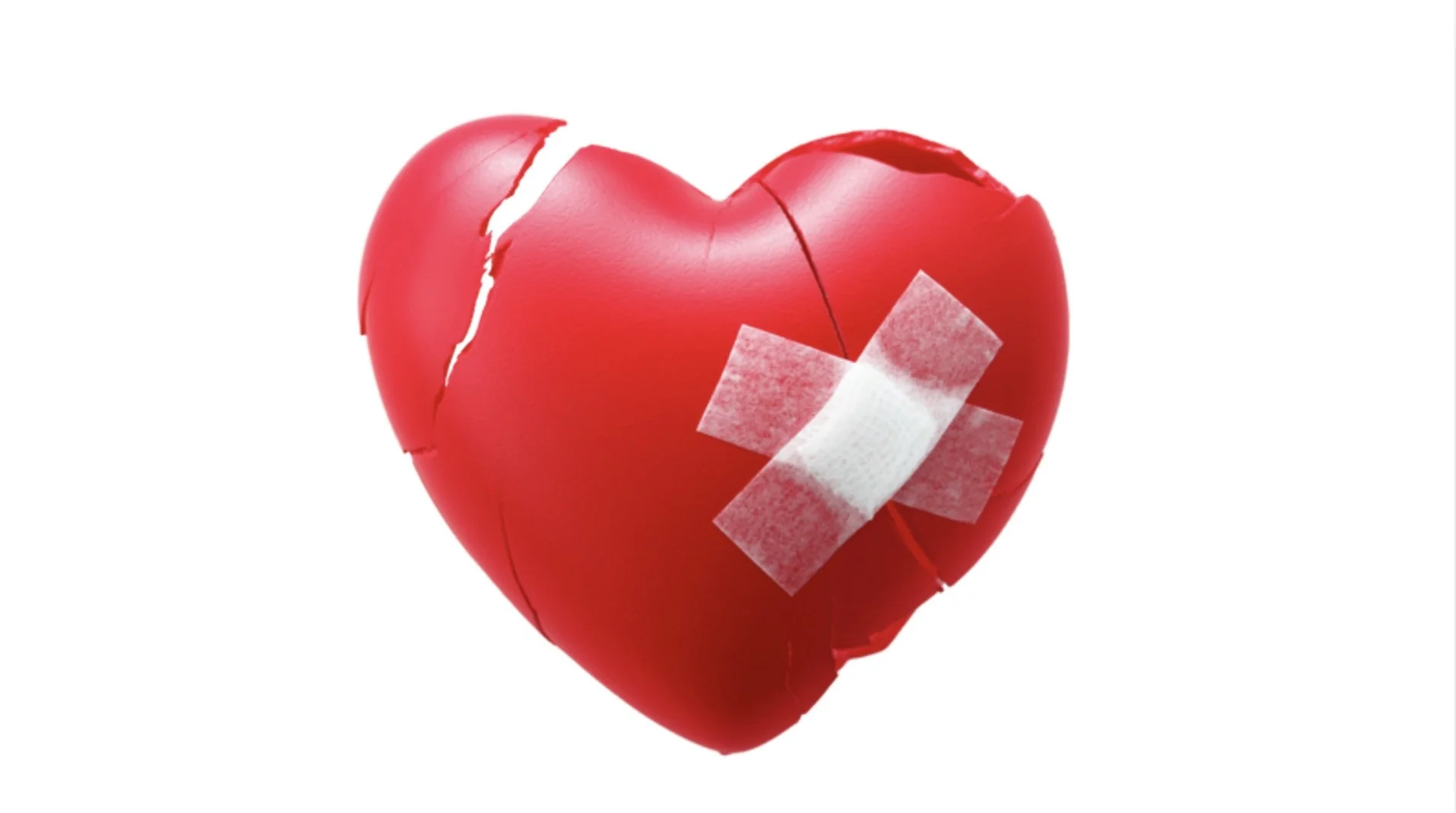Understanding Childhood Trauma: Recognising the Signs
Credit: Getty Images
Many people may not recognise their early experiences as childhood trauma, yet these challenges can leave lasting imprints on emotional and physical well-being. The impact of untreated childhood trauma can lead to difficulties with relationships, learning, behaviour, or self-esteem. By understanding the signs of childhood trauma, individuals, families, and caregivers can better recognise when support is needed, and feel more confident seeking the right trauma-informed care.
What Causes Trauma in Childhood?
While childhood trauma is often associated with physical or emotional abuse or neglect, a wide range of other early-life experiences can also have long-lasting effects on a child’s mental health and development. These experiences may overwhelm a child’s ability to cope, especially when they lack emotional support or a safe environment.
Common causes of childhood trauma include:
Witnessing domestic violence or other forms of abuse
Growing up in a household with dysfunctional family roles or inconsistent caregiving
Living with a parent or caregiver who has untreated mental health conditions
Experiencing emotional neglect or a chronic lack of connection and support
Becoming a young carer, taking on adult responsibilities during childhood
Ongoing exposure to distressing or developmentally inappropriate content or situations
Recognising Signs of Childhood Trauma
Individuals who have experienced childhood trauma often don’t identify their experiences as traumatic, especially when those experiences were prolonged or normalised within the family system. This is sometimes described using the “frog in boiling water” analogy; the slow build-up of stress becomes part of the environment, making it difficult to recognise its harmful effects.
Childhood trauma can manifest in many ways that don’t immediately appear connected, including a wide range of physical, emotional, cognitive, and behavioural symptoms.
Physical Symptoms
Ongoing headaches, stomach issues, dizziness, or chronic pain
Sleep problems, including insomnia or frequent nightmares
Functional neurological symptoms, such as fainting or seizures without a clear medical explanation
Cognitive & Behavioural Symptoms
Trouble focusing, memory gaps, or frequent "zoning out" (dissociation)
Unexplained learning difficulties
Difficulty staying present in school, work, or conversations
Emotional & Psychological Signs
Persistent anxiety, depression, or low self-worth
Difficulties forming or maintaining relationships, often due to mistrust or fear
Feeling emotionally numb or disconnected from oneself (depersonalisation)
Self-Harm & Coping Mechanisms
Self-harm or substance misuse
Over-controlling behaviours like excessive exercise or restrictive eating
Engaging in risk-taking behaviours to regulate emotions or feel in control
Why Psychological Support for Childhood Trauma Matters
Recognising the impact of childhood trauma is a powerful first step — but recovery often requires skilled, ongoing support. Working with a trauma-informed psychologist can help individuals make sense of their experiences and rebuild a sense of safety and self.
Through psychological support, individuals can:
Learn healthy coping strategies to manage stress, anxiety, and emotional overwhelm
Explore and process past trauma in a safe, structured environment
Improve mental health, emotional regulation, and overall physical well-being
A trauma-informed therapeutic approach acknowledges the effects of early adversity while fostering empowerment, trust, and healing at a pace that feels safe for the individual
Seeking Support in Healing from Childhood Trauma
If you or a loved one are experiencing the lasting effects of childhood trauma, it’s important to know that help is available. Connecting with a trauma-informed psychologist can provide the support and understanding needed to begin healing and reclaim your well-being.
To learn more or to explore your options for support, you are welcome to Book an Appointment, or to Contact Us
Written by Dr. Jennifer Menon, Clinical Psychologist
BA (Psych), DipPsych, DClinPsych, MAPS


